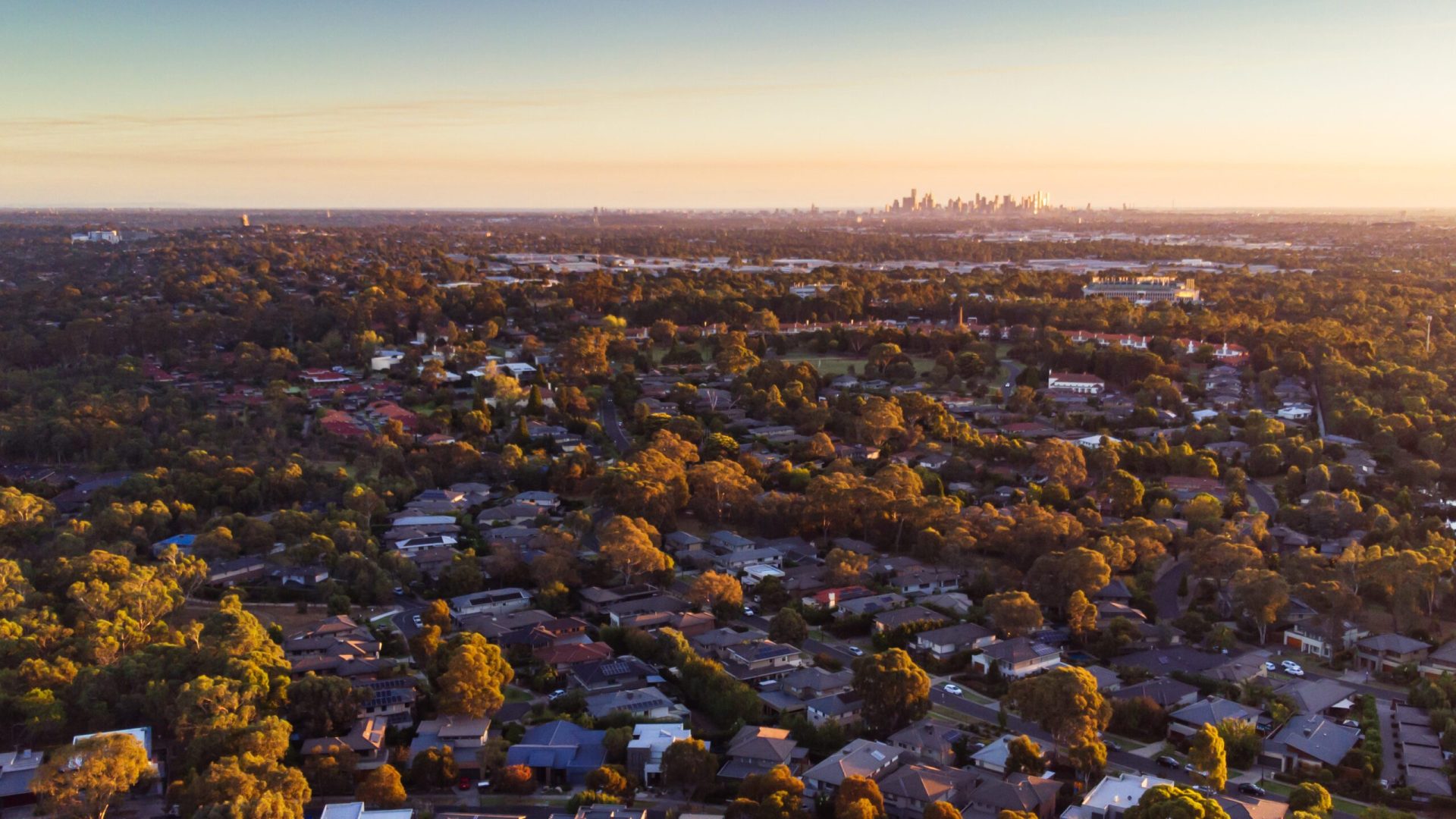We all pay tax, but how do we make sure our tax return efforts benefit us in the long term?
*This is a transcript from a conversation with Michael (Boz) Beresford*
So Boz, we know we need to pay tax. But how do we know if we’re paying too much tax?
Great question. And it’s one that’s always topical this time of year. I think the first thing it comes down to is for everyone to understand how much tax they’re actually paying. Most people we talk to have no idea. Just to put it in perspective, if you’re earning $80k, then you’re paying $17,500 in tax. Now, you don’t necessarily see that but that’s what’s coming out of your hard earned wage and going into the government coffers for them to spend as they wish. If you earn $100k, then that’s $25,000 a year in tax. And if you earn as much as $150,000, that’s as much as $43,000 in tax. So you can start to see, regardless of what you’re earning just how much is going to the government.
Basically, you don’t start putting anything in your own pocket until Wednesday morning. Monday and Tuesday are just to pay the government. When you think of it that way it becomes directly relevant to become informed and educated on how much tax you pay.
Now the most effective way to reduce your tax is not always the way that tax professionals advise us. Let’s remember, having the ability to get tax back requires us to have expenditure to start with. Except for depreciation which is where property comes in, but typically to be able to make a claim you have to of spent money on something first. Just getting tax back is not important if you are wasting money to create deductions that give you a little money back in your pocket. Having said that, maximising the amount of tax you get back is a really effective way to hold appreciating assets like property. When you think about a mortgage, you pay that off with 100% of your post-tax salary. Everything is paid for by you. Whereas with an investment property, nearly all of the holding costs of that investment property is paid for by the tenant and the tax benefits put together. You’re holding an asset with very little money out of your own pocket.
In essence, the best way to reduce your tax is to ensure that your deductions are a) Required to start with and b) They are going towards appreciating assets. Too often I hear accountants say to clients that they should buy an expensive car to bring down their tax. Now, I believe that’s poor tax advice as what you’re actually doing is spending money on an asset that’s actually going to lose you money in the interest of getting you a little bit of money back.
So is there a bit of a miseducation when it comes to how to maximise your tax return?
Think of it this way; Tax is necessary. We all pay it and in Australia, we pay a lot of it. It goes to all the things we need like roads and infrastructure. But, if we don’t get much of that back in our pocket, we lose control over how that money is spent. We hope it will be spent on the right things, but we lose a little bit of control. Reducing our tax just for the sake of paying less tax doesn’t make a lot of sense at all. Reducing your tax as a way to fund appreciating assets makes perfect sense.
So it’s important to think of this: you getting tax back is a result of you spending money first. Is this expenditure necessary and is the tax I am getting back helping me grow my asset base.
How important is reducing your tax?
Well, it’s important, but it’s not the primary importance. You don’t want to reduce your tax just because you can, you want to make sure that the reduction in tax is helping you grow your asset base.
You mentioned that there is a way to find out the amount of tax paid on certain incomes. How would I find that out?
Great question. There are two simple ways to do this. Everyone’s payslip is slightly different, but on every payslip you will see your gross earnings and there will also be a column with how much tax has been taken out of those gross earnings. Then you will see your net earnings which are gross minus tax. From here you can do a simple calculation and then multiply that out. So let’s just say you paid $1000 tax over a fortnightly period, you then multiply that by 26 to determine how much you pay over the year. This is the first step in determining how to optimise your tax return.








